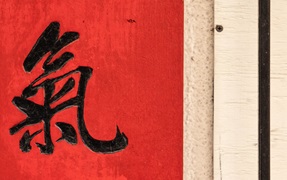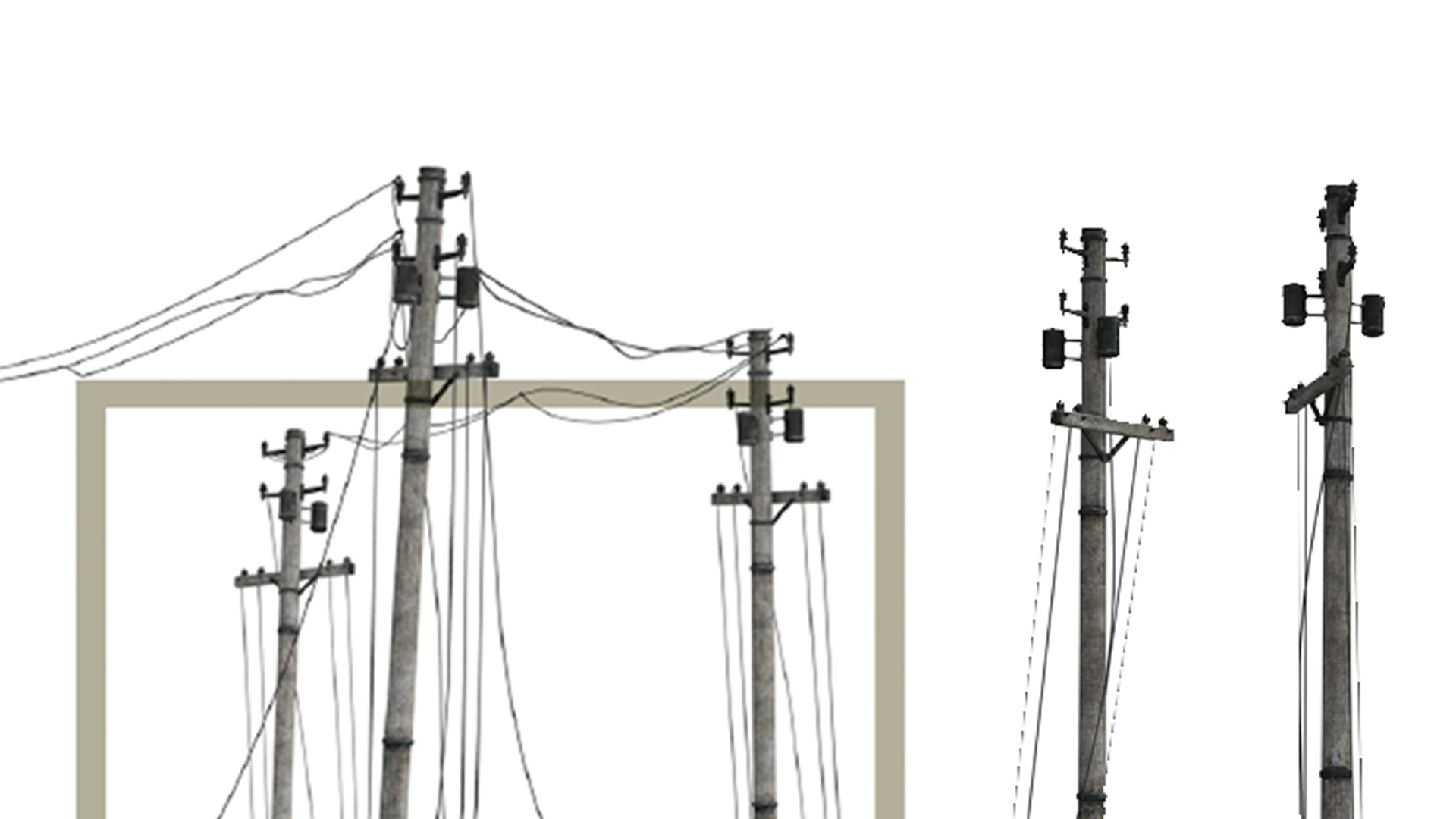
Wide angle
Look at your life | Issue 21 | 2022


—Reports filed by correspondents across the world—
I immigrated five years ago to the United States. I am from Germany originally. I grew up—during the Cold War—in Bavaria, just miles away from the Czech border. I was concerned about the stability of the European Union and what this might mean for the future of Europe. The U.S., with its rich history of welcoming immigrants and its thriving democracy, seemed to me the better choice in the long term. Today I realize it is not all roses anywhere in the world.
After the fall of the Berlin Wall in 1989, we enjoyed a time of peace and prosperity; we saw our borders being replaced by trade amongst nations in a global economy; we probably took a lot of things for granted. But now, history appears to be trying to repeat itself. Nationalism is on the rise; there is talk of deglobalization; and there is a war in Europe that brings back horrifying memories of two World Wars.
How did we get to this point? Have we learnt nothing from history? What can we do?
I want to go back to my youth in Germany for an answer. The German public education system has not shied away from teaching about a time when ordinary German citizens became monsters. We remember the Holocaust as our nation’s darkest hour and we keep its memory alive to stop it from ever happening again. When I was young and learned what had been done by my own people, I felt guilt and shame. And rightfully so.
What I take from this now is how vital it is to clear a path for freedom of speech and a culture of open debate. A thriving democracy requires citizens who are resilient, educated and engaged. They form its foundation.
It seems to me that here in the United States, where I now reside, we are at a cross-road. I worry for the health of American democracy after the January 6 attack on the U.S. Capitol. There is a deep divisiveness at large in the country and the two major political parties struggle to reach a consensus and provide for the common good. Even the Supreme Court has become politicized. Meanwhile, we enact laws on the state level that prohibit schools and businesses from causing individuals to feel any disquieting sense of discomfort or guilt.
This worries me. A culture of debate that creates a space for differing points of view to be heard is so important. If we cannot hold difficult but necessary conversations, and really listen to each other, because to do so may cause someone discomfort—then we are in big trouble. The real threats we face are not diverse views and being challenged on what we believe is right or wrong: they are the Internet algorithms that blindly confirm our bias and opinion. The Latin principle audiatur et altera pars or ‘may the other side be heard as well’ is as true today as it was two centuries ago. This is how we protect our values and our liberties.
There is a point on the highway due west of the old oil fields where mobile phone service ends. I like that place. Once we pass that invisible line no one can contact us. We are outside the reach of the rest of the world. We are no longer lawyers, doctors, oilmen and judges. We become cowboys; even if only for a few days. We enjoy becoming cowboys.
Our Alberta Covid experience was less difficult than most of the world. We had rules for restaurants, rules for grocery stores, and rules in the office, but the rules were workable and we were surrounded by the beauties of Alberta. We still biked, and we hiked, we canoed, we snowshoed and we climbed. With time and as restrictions relaxed, we also rode horses.
Churchill once wrote “…there is something wonderful about the outside of a horse for the inside of a man.” I always like Churchill. He understood the magic of what we were doing. After more than a year of Covid lockdown, I gathered my friends, we saddled up two dozen horses, filled the chuckwagon with food and drink, and rode into the Rocky Mountains.
Those silly rules, work-related deadlines, client obligations, and all the trappings of our city world faded away. We mounted up, splashed across the Sheep River, and headed up high in the mountains. We love this cowboy country. For nearly 200 years men and women have been ranching these foothills. For centuries before that, the Stoney and the Cree people travelled along the banks of these rivers.
I was lucky to be surrounded by friends. Colleagues had travelled from all over to join me—from Abu Dhabi, Dallas, Toronto, Ottawa, Pennsylvania. We were friends and we wanted escape. Once in the saddle, we came together in a common objective: we raced across the river, worked our way up across the mountain passes, and we explored.
At times, that icy mountain rain beat down hard upon us. We rolled up the collars of our rain slickers, pulled our hats down low, and worked our way through the trees. At other times, the sun came out; big and beautiful and bright. The wildflowers surrounded us. The bighorn sheep watched us in silence as we rode along the river, while a mother black bear and her cubs scampered into the trees.
We were right to leave the city and camp. At night, one of our wranglers pulled out his guitar and sang to us around the campfire, the way it’s been done for the past century. Our German wrangler, Franzie, pulled out her violin from the back of the chuckwagon, and her music reverberated off the canyon walls as our team of horses watered themselves in the mountain creek where we cooled our beer. We had made the right decision to escape into the hills and we were pleased that the Covid rules had become a distant memory. We liked it that for this one weekend we were cowboys.
The breakfast of choice during lockdown was the humble poached egg, placed perkily on top of a slice of toast. Born not of swirling water and vinegar, my poached eggs were flipped out of a poacher cup, flopping onto the seed loaf with the egg yolk side-down. An upside-down egg that referenced those strange months of our autumn and early winter.
2020 was the year that changed almost everything. I was Global Chair of the firm for that year—and returned from the United States in the nick of time and as sick as a dog. Despatched into quarantine, I watched our world lurch into a series of dramas that confirmed that fact trumps fiction. Just before our lockdown, my father-in-law passed away, leaving us not only with the grief of his passing but also a farm to run. So, like many families over the next period, we were dislocated (my wife and son went to run the farm), unable to properly grieve, and unsettled about how this pandemic would play out at so many levels.
I am still amazed at how our family, the country, the firm and the world generally came through the challenges that we faced. South Africans are incredibly resilient. We have had to be. We never expect things to be won easily—indeed, we are suspicious of easy success. We are also unfailingly generous with what we have: further crises were to follow with the awful riots in Kwa-Zulu Natal and the subsequent devastating floods earlier this year, but within hours of each occasion communities banded together and produced food, clothing, shelter and other provisions for those made vulnerable by these events.
I was struck by how, when the world actually is turned upside down, most people remain true to themselves and see in the great unfolding tragedy of human and natural events another opportunity to roll up those same shirtsleeves and get cracking in soup kitchens, clothing distribution, shelter-building and the like.
We are now back to the office, and my route down the east coast is on a toll road. But, as the floods have taken out the bridges on the alternative routes into Umhlanga, none of the toll booths is operational and their booms are up. Many people treat the highway as a speed-unlimited autobahn, and barely touch their brakes as they hurtle through the narrow lane between toll booths. The real excitement comes when someone from up-country, where the tolls still operate, decides to stop at the booth, perplexed as to the lack of attendants and boom. To the racers behind them, this comes as an unwelcome bar to their speedy process! Oaths and explicit hand signals inevitably follow…
Never a dull moment in this topsy-turvy country of ours.
© Norton Rose Fulbright LLP 2025